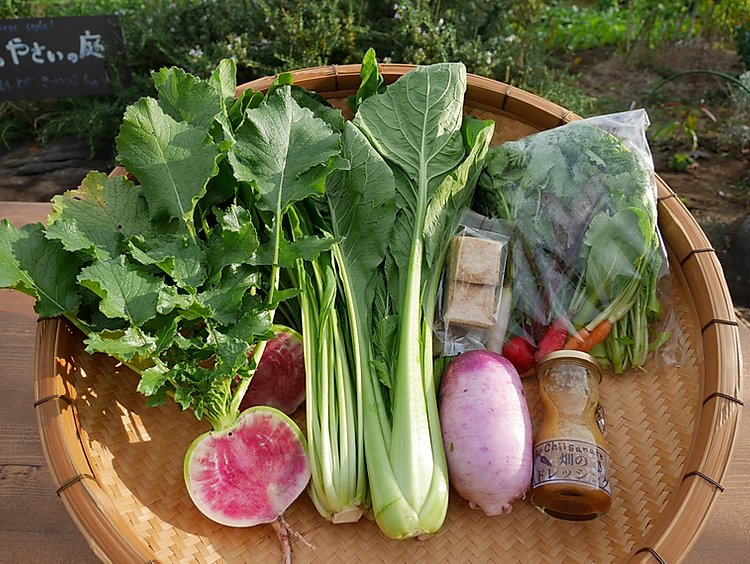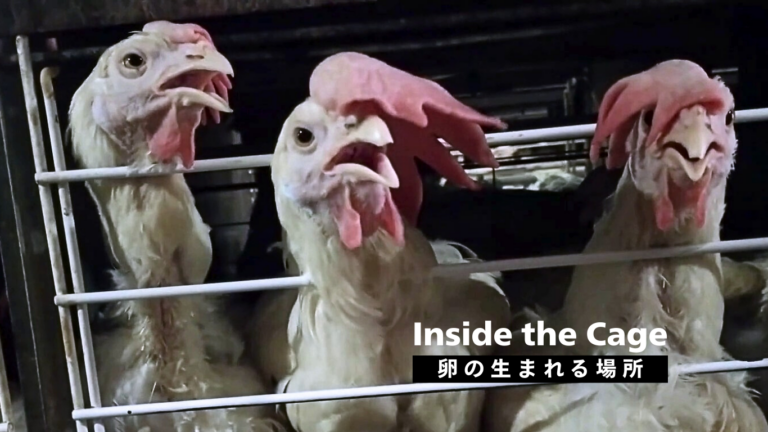
Tag 卵


Slaughtering without stun treatment, finally improving?
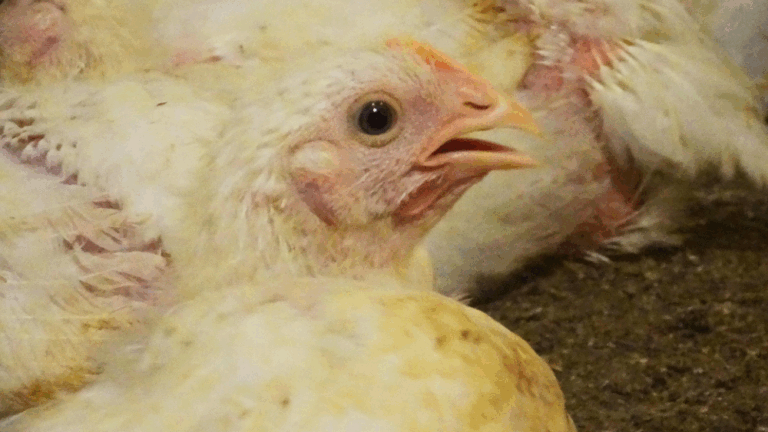
CAS of chickens: subsidies began to be provided to Animal Welfare!
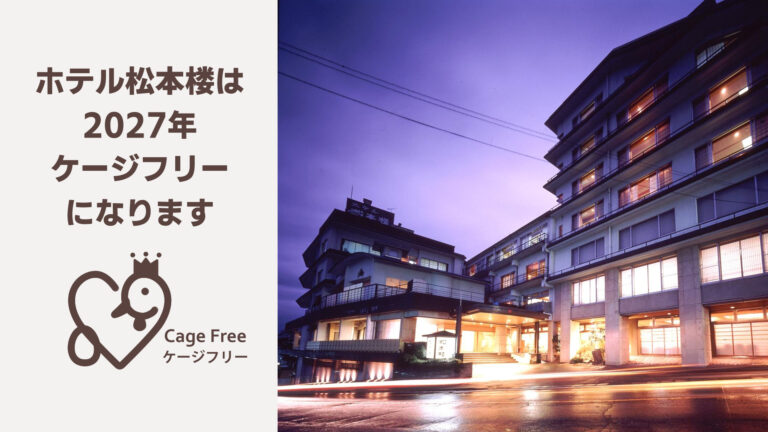
Good news! Ikaho Onsen Hotel Matsumotoro declares cage free by 2027!

Burger King announces a global cage-free policy
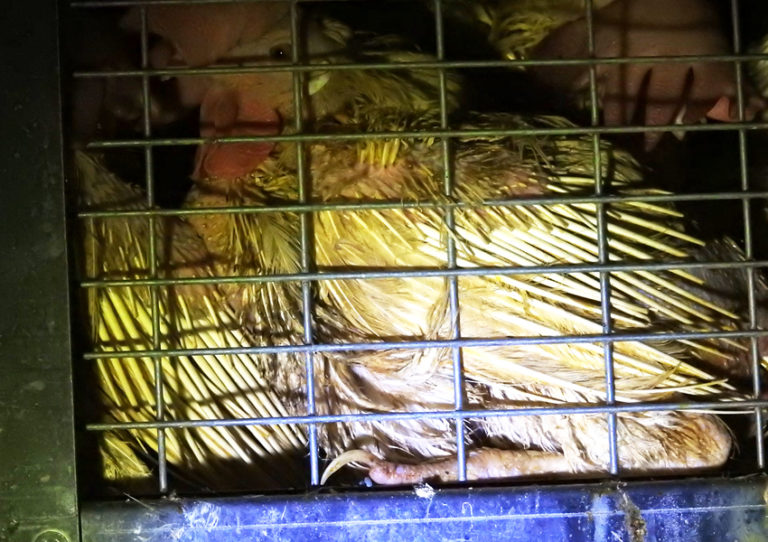
The Cruel Last Day of Hens: Being left for a long time at a slaughterhouse
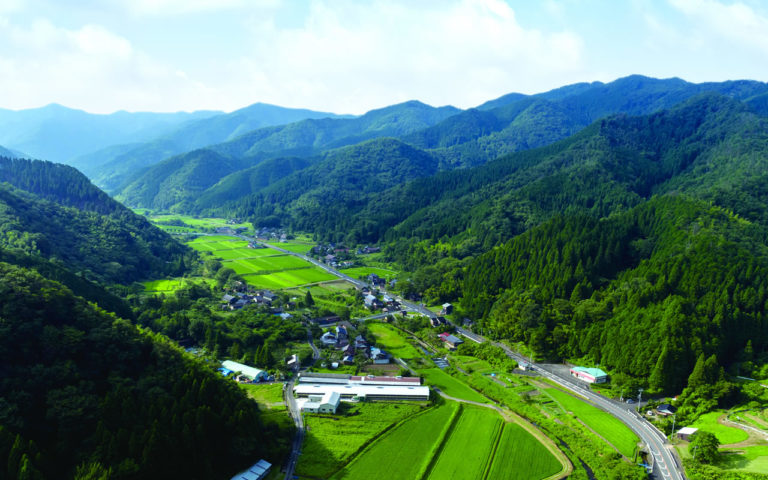
Oenosato Natural Farm is cage free “respecting chickens’ natural ways”
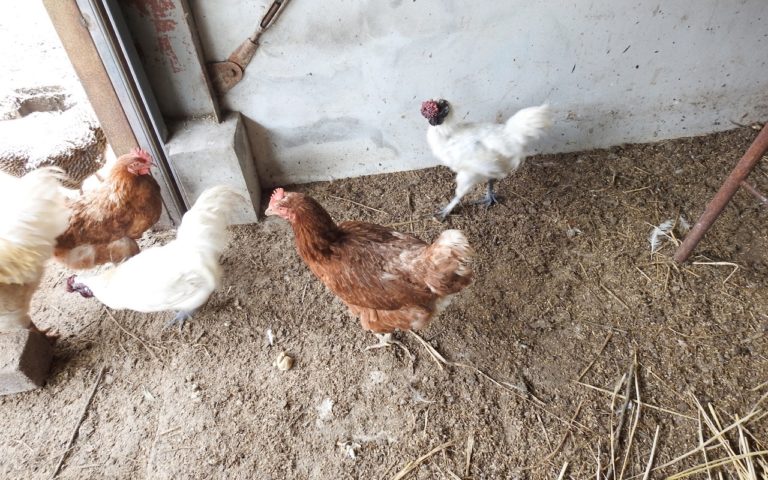
Lapin Noir Kurousagi, a bakery in Chichibu, is cage-free
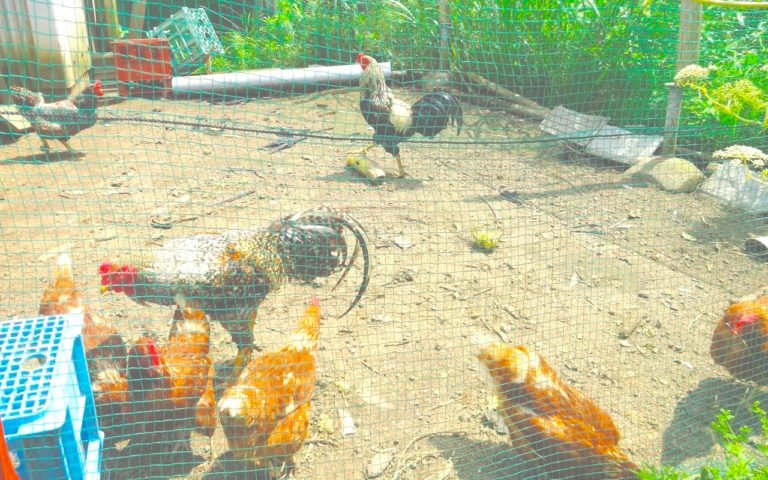
Sugiura Inbo, a wine and bistro restaurant, is cage-free
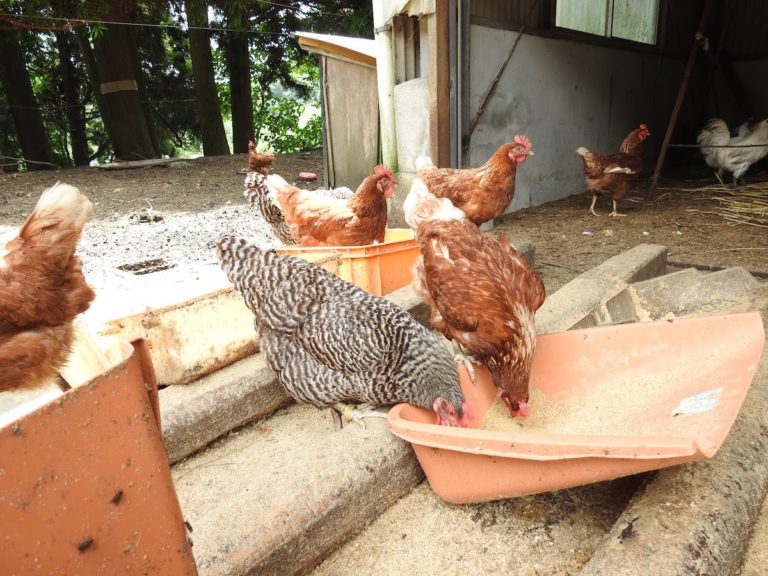
Soi cafe, a back alley cafe in Saitama, is cage free
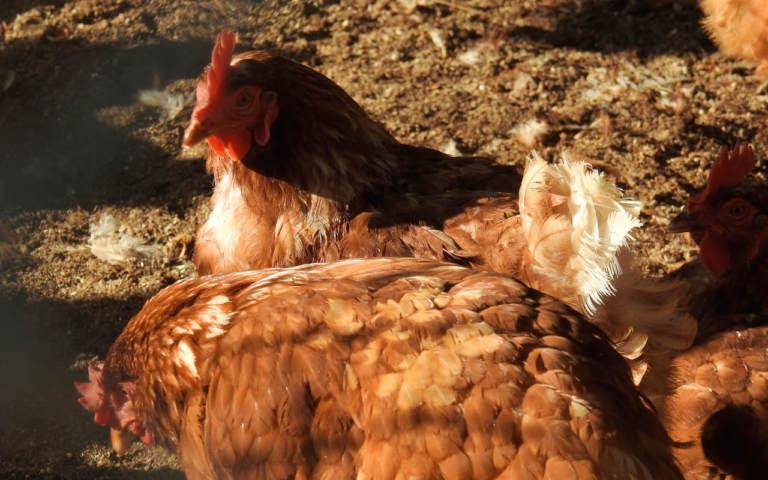
Authentic Italian restaurant, Panzerotteria, is cage-free
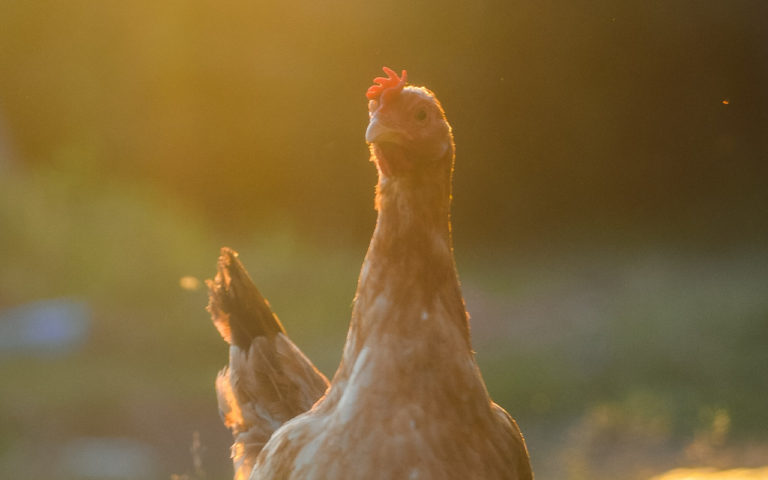
Colorado to ban production and sale of eggs with cages, requiring minimum space and enrichment
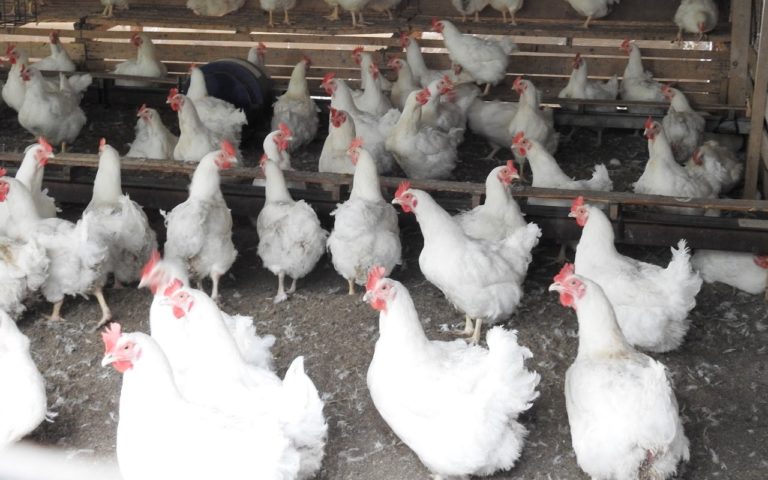
Additive-free chiffon cake “Kimichiffon” is cage-free
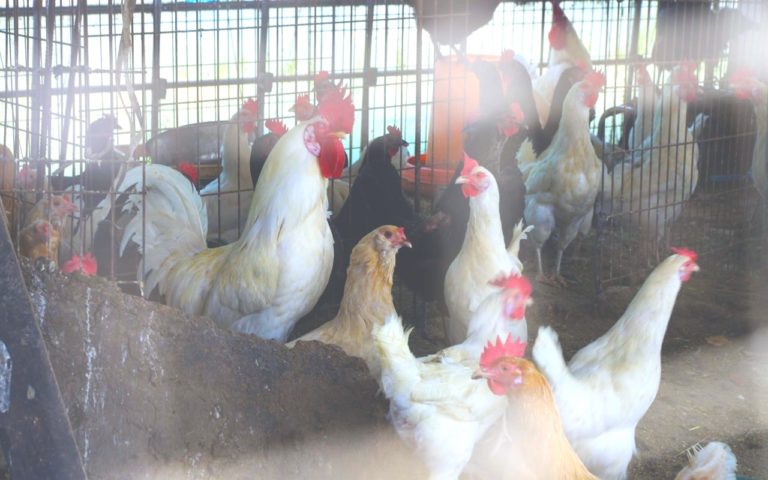
Spanish restaurant El Campo is cage-free
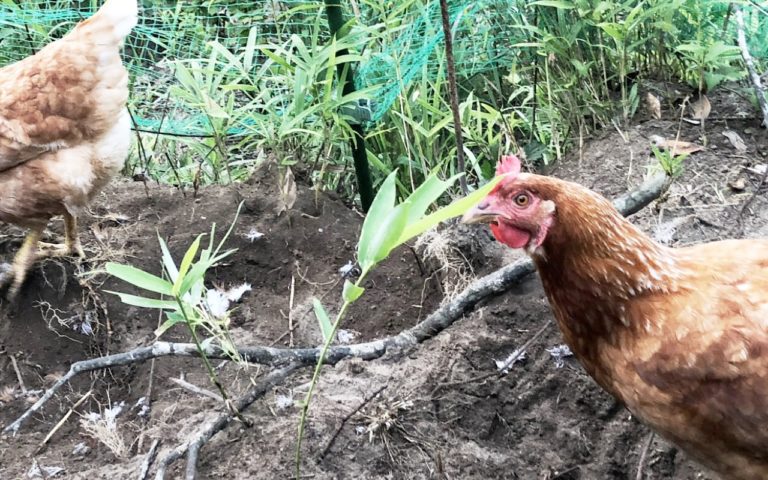
A ramen shop using free-ranged eggs, “Kakurenosato Araki“, is cage-free
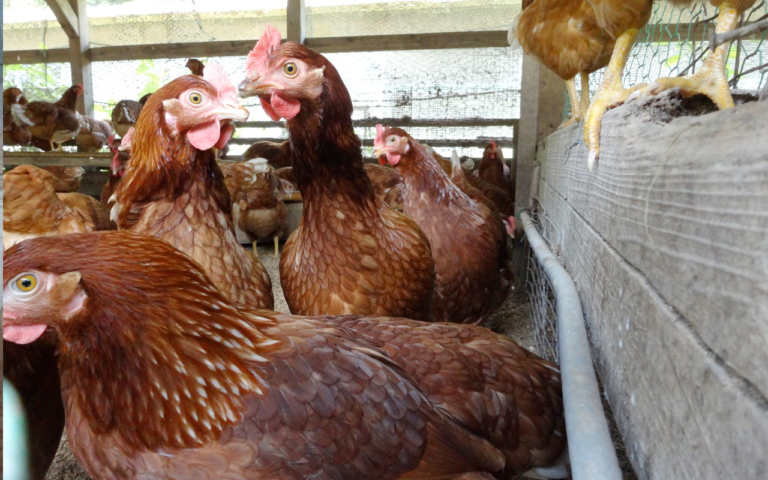
Wanohana, aiming for a recycling-based lifestyle, is cage-free
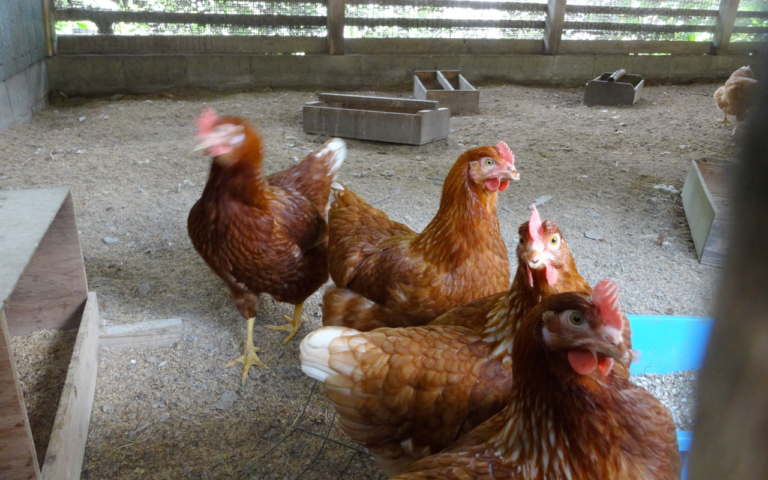
Purinyasan Hohoemi Kitchen, a specializing in barn-raised egg puddings, is cage-free
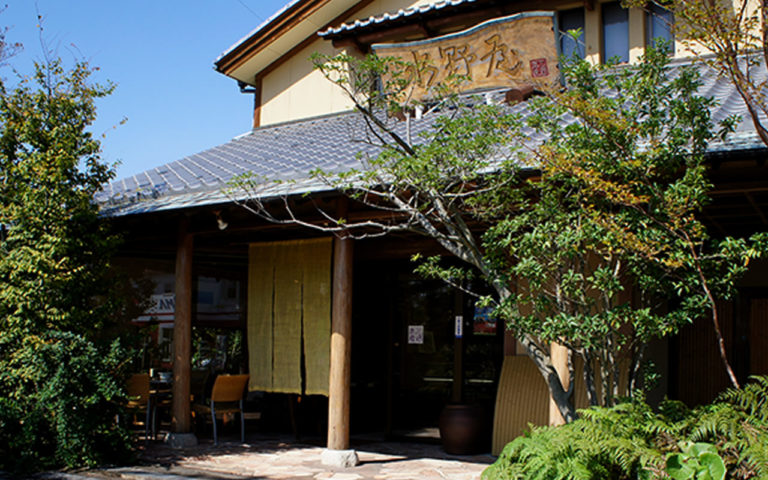
Decision 107 years after foundation: declares transition to cage-free. “No compromise in making real confectionery” – Wagashi Mizunoya
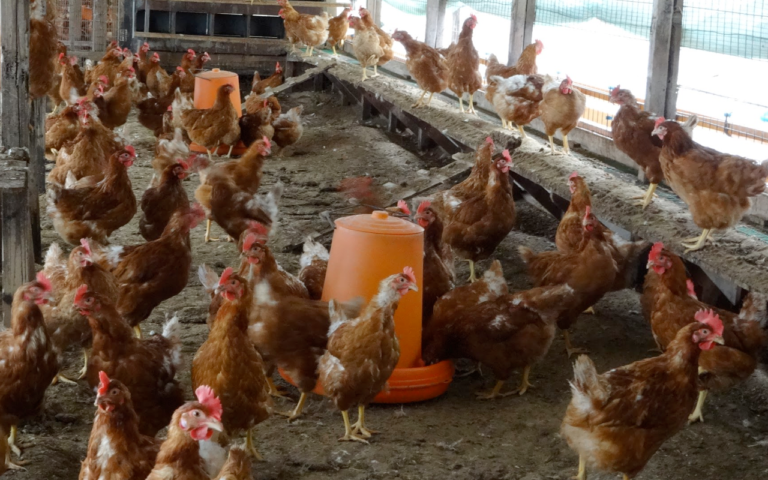
Natural Ramen Shi-Ann, caring about environmental issues, is cage-free

Free-range rearing for 32 years, Tamagoya kitchen directly managed by Nodoka Farm
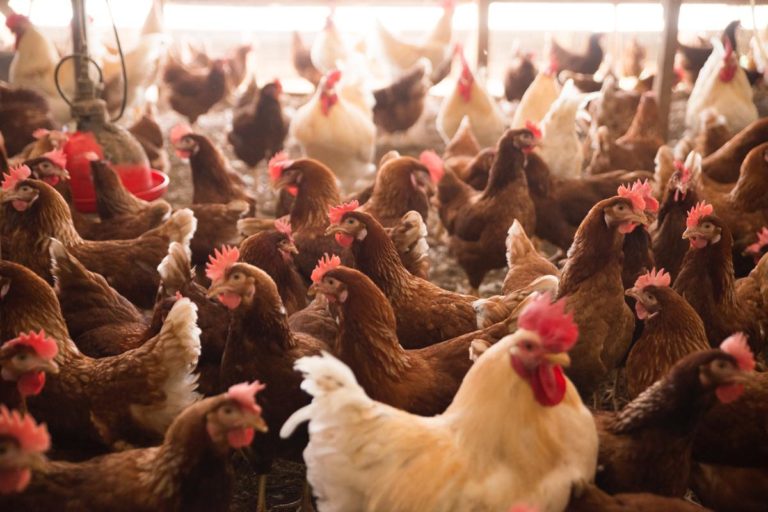
Miyagi Farm Co.,Ltd, selling cage-free eggs mayonnaise is cage-free
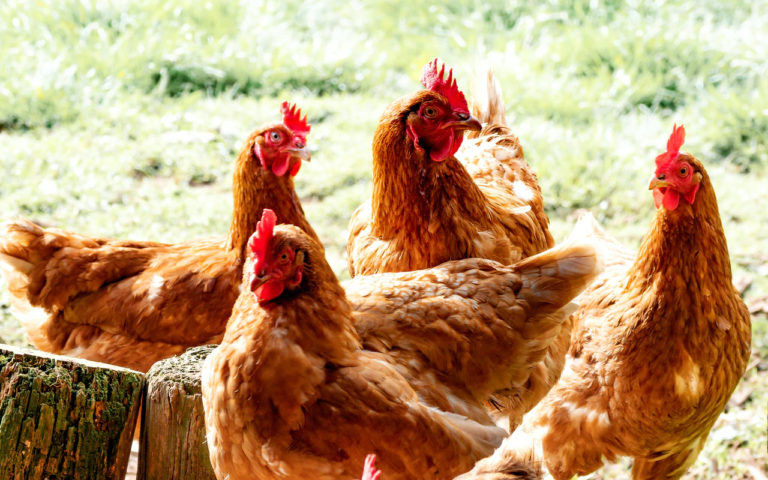
Kokoron, a social welfare corporation that provides employment support for people with disabilities is cage-free
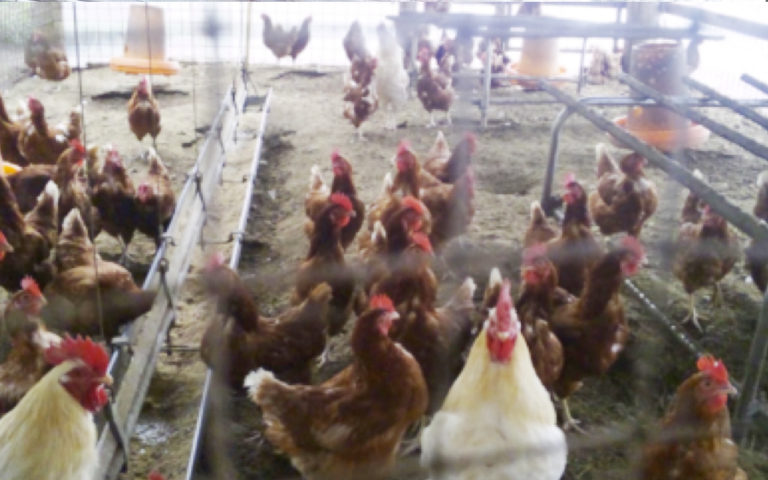
As its name suggests, Sustainable kitchen rosy that respects sustainable choices is cage-free
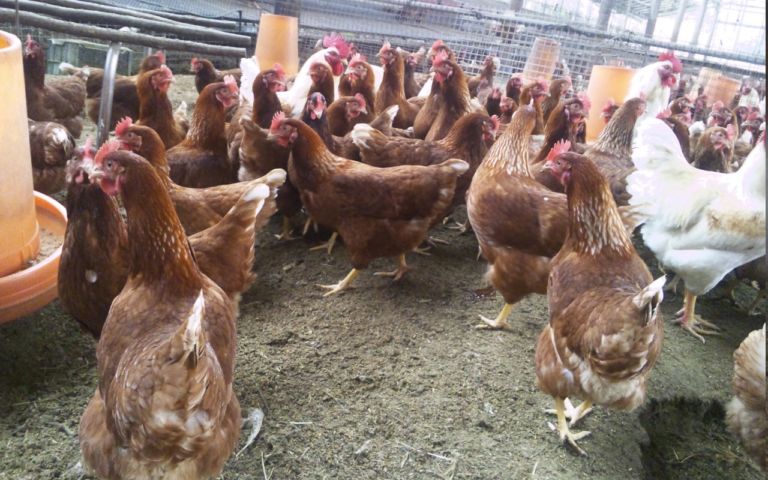
Paretaco Shokudo, who respects the ideal ways of animals, is cage-free
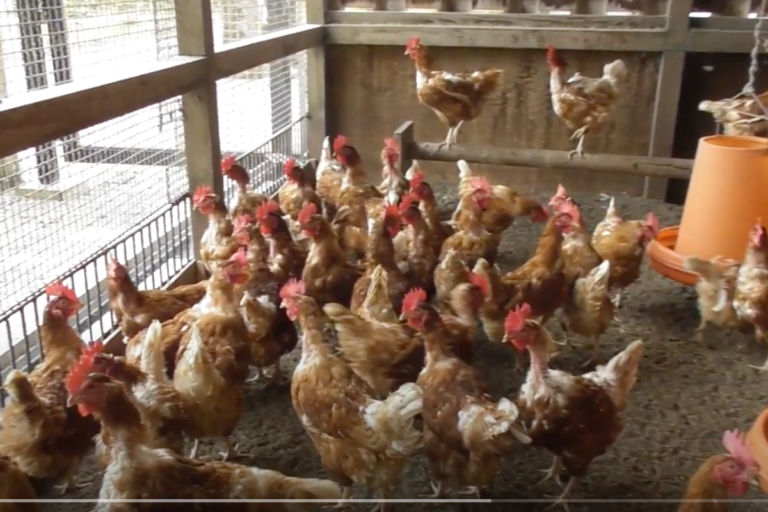
Tamagokakegohan Tamanosuke set in the nature of Sasayama is cage-free
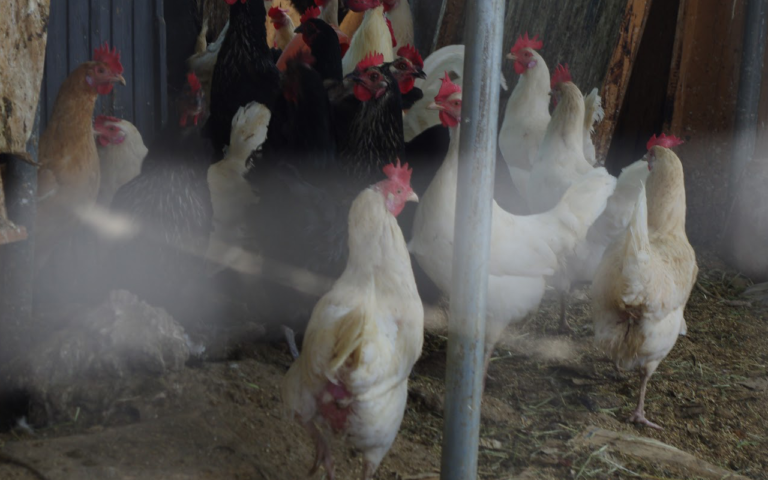
Morinokazoku, a restaurant that makes delicious vegetables by organic farming, is cage-free
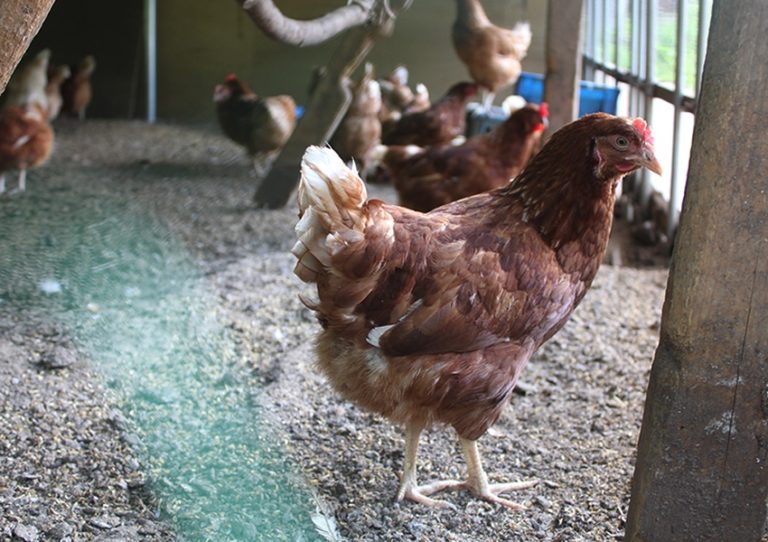
A sustainable cafe that cares for the global environment, Gypsy’s mile cafe, is cage-free
